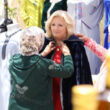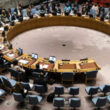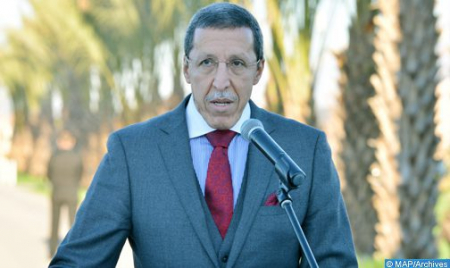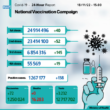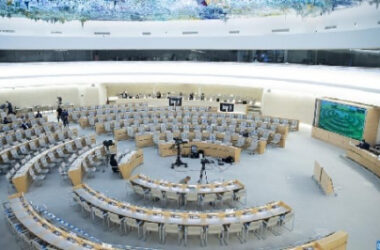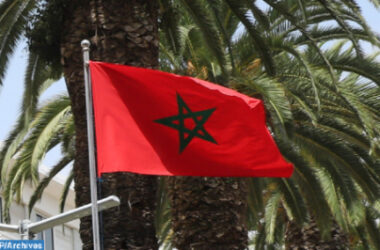Speaking at a panel on the challenges of the Sahel region, organized as part of the Crans Amount Forum, Hilale noted that the situation in the region requires regional and international cooperation in a north-south and south-south framework, and with international, regional and sub-regional organizations, to develop more socially inclusive strategies to combat radicalization.
“I will add to this an educational, cultural and religious approach that takes into consideration the traditions, rites and history of the region,” he said.
He added that this educational dimension is strongly present in the Moroccan experience, which tends to rehabilitate the religious field and to share this approach with friendly African countries, through the involvement in the training of imams and mourshidines, with a view to disseminating the values of moderation and the culture of tolerance and coexistence.
The ambassador said the Sahel region “is at the crossroads between several African sub-regions and constitutes a sort of geographical area of stumbling block for peace, stability and development of the entire African continent, and beyond.”
In a region that illustrates the complex link between security and climate change, the diplomat noted that the Sahel is simultaneously facing crises of conflict, climate, the economic impact of Covid-19, and soaring food, fuel, and fertilizer prices.
Under these conditions, at least 12.7 million people will be severely hungry in 2022 in the G5 Sahel (Mali, Niger, Burkina Faso, Mauritania and Chad), he said, citing the 2022 World Food Programme Report.
Hilale also noted that the region faces security challenges due to the activities of armed groups, which seek to consolidate their stranglehold in the Gulf of Guinea.


